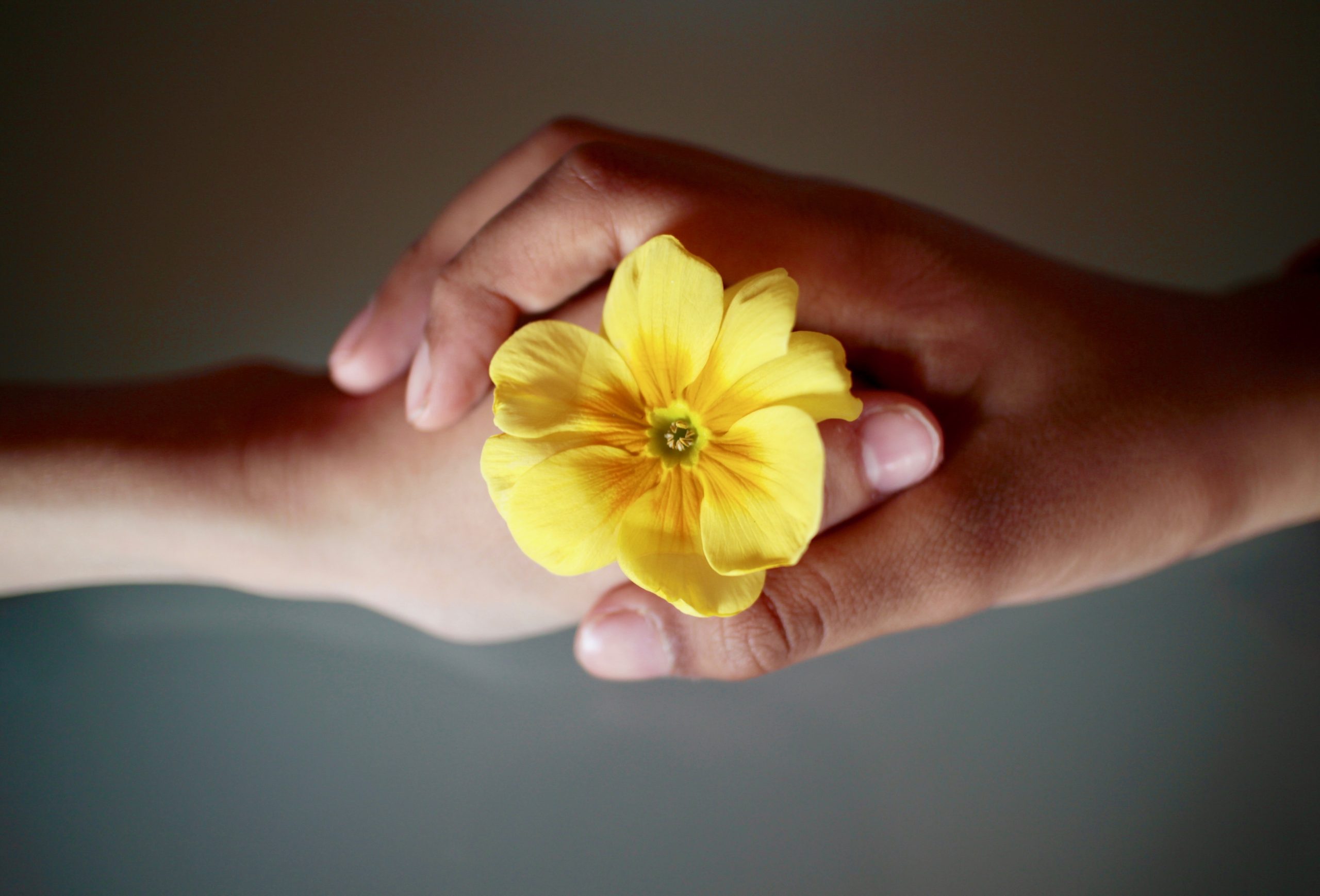
Miami can lead the way on mental health treatment while saving taxpayers millions
For far too long, Miami-Dade County’s jail has been used as a defacto psychiatric institution. This misguided practice been going on for years — for decades, in fact — with the jail a warehouse for people with acute mental illness, many of whom are homeless.
It’s inhumane, it’s ineffective and it’s incredibly expensive.
Now, though, we have an opportunity to make a dramatic change in how we handle this problem. It could save millions of dollars in taxpayer money and — as we head into Mental Health Awareness Month in May — our community could help lead the way toward more enlightened mental health treatment across the country.
The Miami Center for Mental Health and Recovery, the brainchild of longtime mental health advocate and Miami-Dade Circuit Court Judge Steve Leifman, will be a one-stop center for primary care and psychiatric services. It aims to break the homelessness-to-jail cycle. After 14 years of work by Leifman and others, it’s set to open this fall.
Different approach
What’s so different about it? With more than 200 beds, it will attempt to meet the complex needs of people who are homeless, who have acute mental illness and who keep winding up in jail, in large part because of their illnesses.
Miami Center for Mental Health and Recovery features warm, welcoming color schemes.
Initially, the program will focus on “high utilizers” of the system — people who keep cycling through the courts who also have acute mental illness — and expand, as times goes on, to others. It will serve people who are arrested, yes, but also those who enter voluntarily. It will serve Miami’s chronically homeless population — estimated at about 1,100 — but also others in need of help.
To do that, the center will assemble a broad array of services and support under one roof. If that sounds like common sense, well, it is. And yet, for years, we have done the opposite, fragmenting services and treating people with mental illness as criminals, trying to push them out of sight or simply ignoring their plight.
The center will have crisis units, short-term living space and longer-term living space. You’ll be able to stay up to a year, and there will be full transitional services to help ease you out into the world.
Story continues
For criminal-justice needs, there will be a small courtroom in the building, to eliminate the bureaucracy and disruption of transferring people for hearings.
To address physical well-being, the center will have a full spectrum of medical services including primary care, addiction services, dental care, eye care and even podiatry — all of which can be important when you’re dealing with a homeless population whose basic needs have been neglected. And, of course, for mental health needs, it’ll offer behavioral healthcare, both inpatient and outpatient.
There will be a culinary jobs training program to help people learn work skills so they can sustain themselves when they return to the larger community. There will be a full basketball court, a library and a lot of outdoor space — where you can actually see trees, and birds flying overhead.
Natural light
This won’t look like a jail because it really isn’t one. A recent Editorial Board tour of the facility revealed a front desk you might find in a hotel, with warm woods and a sleek modern look. Much of the building opens onto a walled courtyard with winding paths and a gazebo. Meeting rooms have sliding walls to accommodate different-sized gatherings, the way you would in a community meeting space. Leifman was adamant about using flooring that looks like wood, not institutional concrete or tile, and allowing in natural light.
“We used to treat these poor souls like pariahs and now we’re going to treat them like patients,” Leifman said in a recent interview with the Board. “Imagine that.”
The center also will offer tattoo removal. That might not sound like such a big deal if you’re just blotting out the name of your ex, but Leifman recounted a story of one man he met who had an expletive tattooed across his forehead. When Leifman asked him why, the man told him that’s how the world treated him.
The center will also address less tangible problems, like the “learned helplessness” that pervades so much of our criminal-justice system and treatment of the mentally ill. When the system cycles you through, over and over, without actually helping, you tend to stop trying to make any real change, Leifman said. And that extends to doctors and lawyers, too.
He wants the staff at the center to tackle that from the moment someone comes in — by offering them the opportunity to have their feet washed, usually by doctors. “We want them to know that we respect them and that we want them to get better,” he said.
Costs and benefits
There are serious financial reasons to halt this cycle. About 2,400 people who are repeatedly jailed with mental illness cost the county $636,000 a day, Leifman said. That adds up to about $232 million a year. And that’s not counting the cost to Jackson Health, where many homeless, mentally ill people seek treatment over and over.
Renovation of the seven-story complex at 2200 NW Seventh Ave. — the old South Florida Evaluation and Treatment Center — is costing about $51.2 million, with $43.2 in county bond money and about $8 million from Jackson Health. The cost to operate the center was estimated, before COVID, at about $30 million a year, with about $17 million coming from Medicaid and insurance. The remaining money will come from healthcare grants and other sources — including the county, Leifman hopes.
It makes sense. It’ll save money. For what the county currently spends in about 25 days to fund the mental health population in the jail — about $15 million — Leifman calculated the county could nearly cover the rest of the cost to run the Miami Center for Mental Health and Recovery for a year.
This is a worthy and important project. It will help solve one of the community’s most tenacious problems. And it will save taxpayers money. Leifman calls this a “once-in-a-lifetime opportunity.” This May, as we think about mental health, there is hope in Miami.






